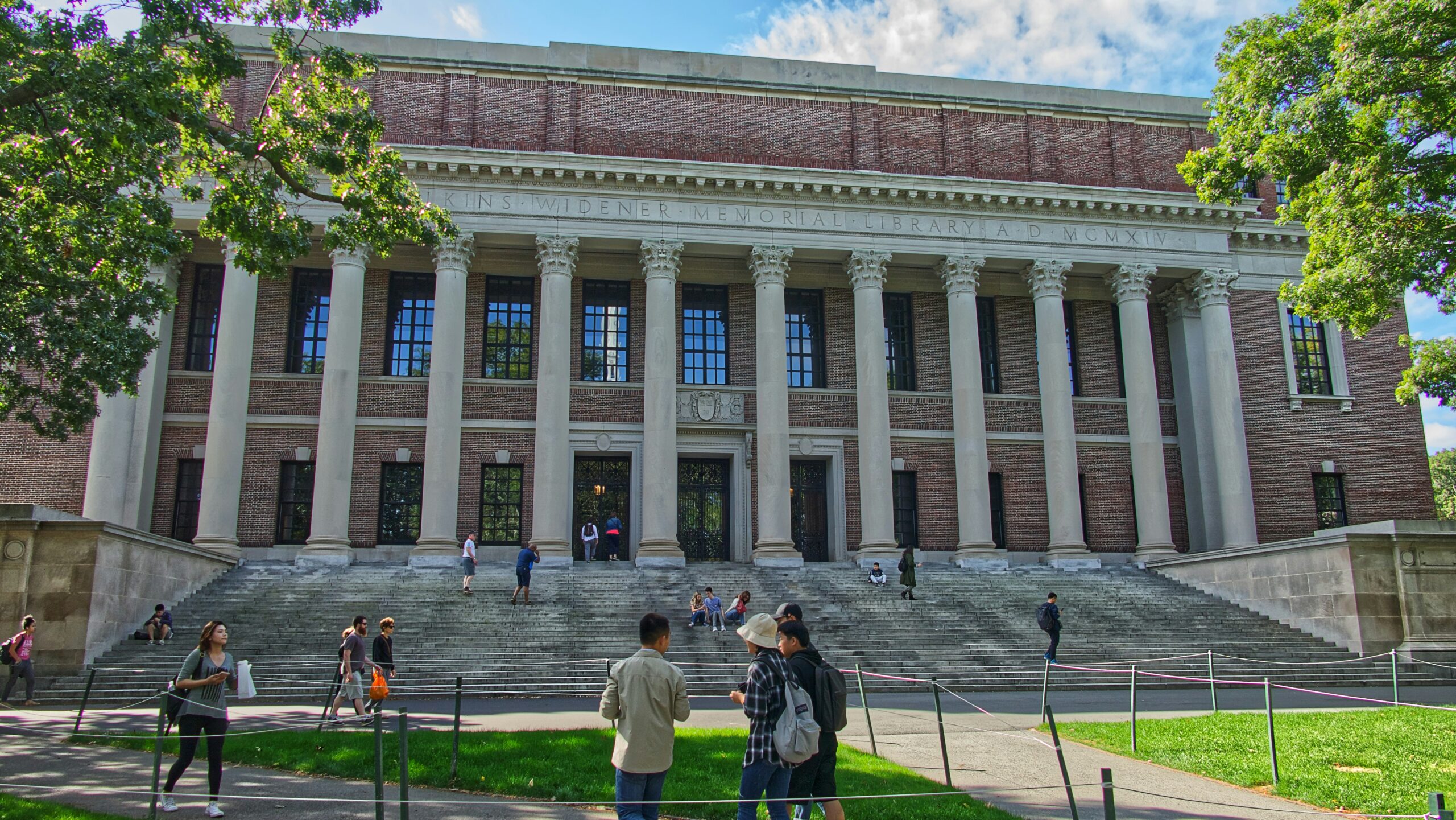As Harvard University faces mounting criticism over its campus culture, financial practices, and political alignment, voices from across the ideological spectrum are calling for accountability—and even structural overhaul. On Chicago’s Morning Answer, education policy expert Adam Kissel joined the conversation to assess whether America’s most prestigious universities are still living up to their reputations.
The backdrop is a sharp response by Harvard to recent scrutiny from the Trump administration, which has floated the idea of stripping the university of federal funding and even revoking its nonprofit status due to its alleged political activism and failure to address campus antisemitism. In response, faculty at Harvard have pledged millions to help fund the university’s legal defense.
Billionaire investor and Harvard alum Bill Ackman recently accused the school of becoming a political advocacy organization rather than an institution of higher learning, claiming its financial position is far weaker than its $53 billion endowment suggests. Ackman cited heavy investments in illiquid assets like real estate and venture capital, an $8 billion debt burden, and decreasing donor confidence as signs that the university’s prestige may not match its fiscal reality.
Kissel, a visiting fellow at the Heritage Foundation and author of the new book Slacking: A Guide to Ivy League Miseducation, argued that Harvard is not alone in its decline. “These institutions have lost the respect they used to deserve,” he said, pointing to decades of political correctness and the collapse of rigorous core curricula across the Ivy League.
He singled out Harvard’s general education courses as emblematic of the decline. Instead of classical studies like Dante or Plato, students can meet requirements with classes such as “Zombies, Witchcraft, and Uncanny Science,” or “Global Transgender Histories.” At Cornell, students can opt for pop culture-focused classes like “Beyoncé Nation” in place of more traditional humanities offerings.
Kissel warned that the erosion of academic standards and the embrace of group identity over individual merit has fundamentally damaged elite institutions. He referenced the Foundation for Individual Rights and Expression’s recent free speech ranking, which gave Harvard a score of 0.0—dead last in the nation.
The conversation also touched on Harvard Law School’s controversial admissions priorities and article selection process, which reportedly favors applicants and contributors based on race and mandates diversity in citations. These practices, Kissel said, have helped displace merit-based evaluation across campus and created an environment where ideological conformity trumps intellectual rigor.
In addition to the ideological problems, Kissel highlighted the grim economic realities facing many graduates. He cited recent Bureau of Labor Statistics data showing that associate degree holders in their 20s have significantly lower unemployment than recent four-year or graduate degree recipients. He said this reflects a broader over-enrollment in bachelor’s programs, many of which offer poor returns on investment.
Kissel endorsed efforts by House Republicans to tie student loan limits to program costs and earnings potential. He emphasized the need for strong federal oversight in cases where universities offer low-value degrees but continue to receive taxpayer subsidies. With $1.6 trillion in student loan debt outstanding and a majority of borrowers in default or forbearance, Kissel argued that financial accountability should extend to the universities themselves.
Asked about proposals to strip certain universities of nonprofit status if they act as political entities, Kissel said such measures could be fair—provided they are applied consistently. He urged the IRS to clarify what qualifies as “exclusively educational” under 501(c)(3) guidelines and suggested that institutions engaging in political advocacy or commercial ventures should be taxed accordingly.
“Harvard may be the last to fall,” he noted, “but if others begin to collapse under financial and ideological pressure, the whole higher ed system could be in for a reckoning.”
As debate continues over the role, purpose, and future of American higher education, Kissel’s warning is clear: cultural rot, academic decay, and financial mismanagement are not isolated problems—they may be signs of a much deeper institutional crisis.





